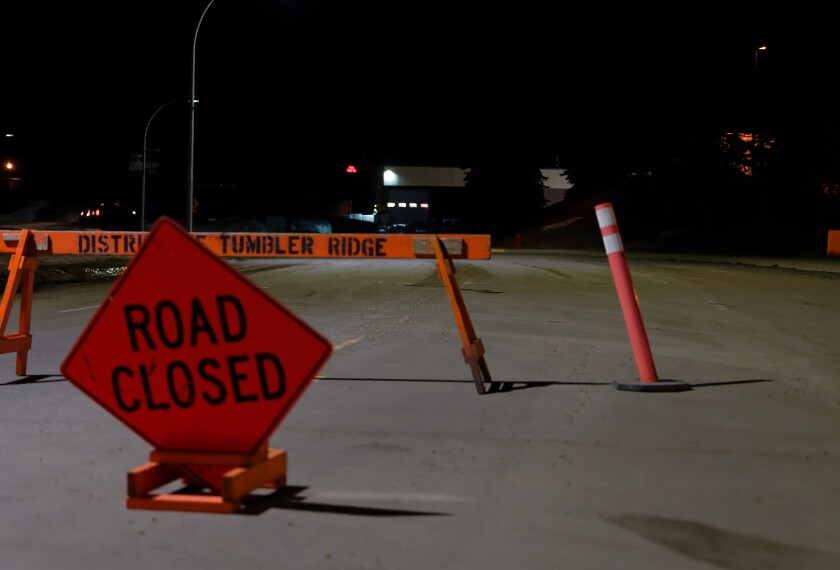Educators in every state soon may have an extra source for identifying sex offenders and other criminals who apply to work as teachers and other school staff members, or who volunteer to work with children in public and private schools.
The House of Representatives on March 8 approved by a voice vote a broad public-safety bill that would, among other provisions, allow school administrators in any state to check the backgrounds of job candidates against the national criminal database maintained by the Federal Bureau of Investigation.
The House this month passed a bill that would grant access to the Federal Bureau of Investigation’s national criminal database to public or private school officials in any state when they are screening prospective teachers and other job candidates.
• Most school officials already use crime databases in their home states when checking backgrounds of possible employees.
• School administrators in at least 21 states can’t use the federal crime database because their states aren’t members of a special compact that allows the sharing of individuals’ criminal records among states.
• The Children’s Safety and Violent Crime Reduction Act, which includes other anti-crime provisions, awaits action in the Senate.
SOURCE: Education Week
Currently, school officials in at least 21 states do not have access to the national database because their states do not participate in a special compact that allows the sharing of criminal records for nonjudicial purposes. Some states, such as California, have declined to join the National Crime Prevention and Privacy Compact because of concerns over privacy rights.
While most of the nation’s 15,000 school districts conduct some type of background checks on teachers and other employees, many rely chiefly on information provided by criminal databases maintained by officials in their home states, said Naomi E. Gittins, a staff lawyer with the National School Boards Association in Alexandria, Va.
“This [bill] could be another tool to get more comprehensive information for school officials who are responsible for hiring teachers and staff while always ensuring that children are protected,” Ms. Gittins said. “The fact is that teachers and staff members move, and they move across state lines. If district officials are restricted to only using their state crime databases, they may be missing a lot of information.”
A Designated Official
Screening prospective teachers, other staff members, contractors, and parent volunteers who will work with or be near schoolchildren increasingly has become a top priority for educators.
High-profile cases such as the kidnapping, rape, and murder of 9-year-old Jessica Lunsford in Florida last year have added even more urgency to the push to give school officials easier access to criminal records, Ms. Gittins said. A sex offender who had worked as a contractor at an elementary school is accused in the girl’s death.
Rep. Jon Porter, R-Nev., wrote and pushed for the provision of the proposed Children’s Safety and Violent Crime Reduction Act that would grant school officials easier access to national criminal records. The bill would require governors to designate a state official who would be responsible for handling background-check requests from school officials and, in turn, request the relevant records from the FBI.
Both public and private school officials would be able to request the information.
Rep. Porter said without access to the FBI database, educators are at great risk of missing important information on prospective school employees.
“We can’t afford to let the bad ones slip through the cracks,” Rep. Porter said in an interview. “We need to give local school districts control over checking as much as they possibly can.”
Rep. Porter, whose congressional district includes the fast-growing Clark County school system in and around Las Vegas, said that conducting the broadest, most thorough background checks was crucial for all school officials, especially those in rapidly expanding districts who are constantly hiring teachers and other staff members.
In the 240,000-student Clark County district, for example, administrators are hiring, on average, 2,500 teachers per year to keep up with the exploding enrollment growth, said George Ann Rice, the associate superintendent of human resources.
Roughly 75 percent of the district’s teacher candidates come from out of state, Ms. Rice said.
Because Nevada belongs to the compact that allows states to share criminal history information, Clark County education officials already can use the FBI database.
“Having that tool is absolutely vital to us,” said Ms. Rice. “Applicants also know that we are going to check their backgrounds with the FBI, which we think forces more honesty when they self-declare.”
The children’s-safety bill is now pending in the Senate.
Much of the 166-page measure, which includes Rep. Porter’s school-background-check amendment, pertains to sex offenders and would require law enforcement authorities to do more vigilant tracking of those convicted of sex crimes against children.
The bill also would impose tougher penalties on sex offenders who fail to keep their registration current with law-enforcement authorities.
Should the broader bill get hung up in the Senate, Rep. Porter said he would push a free-standing bill that dealt only with the school background checks issue.





